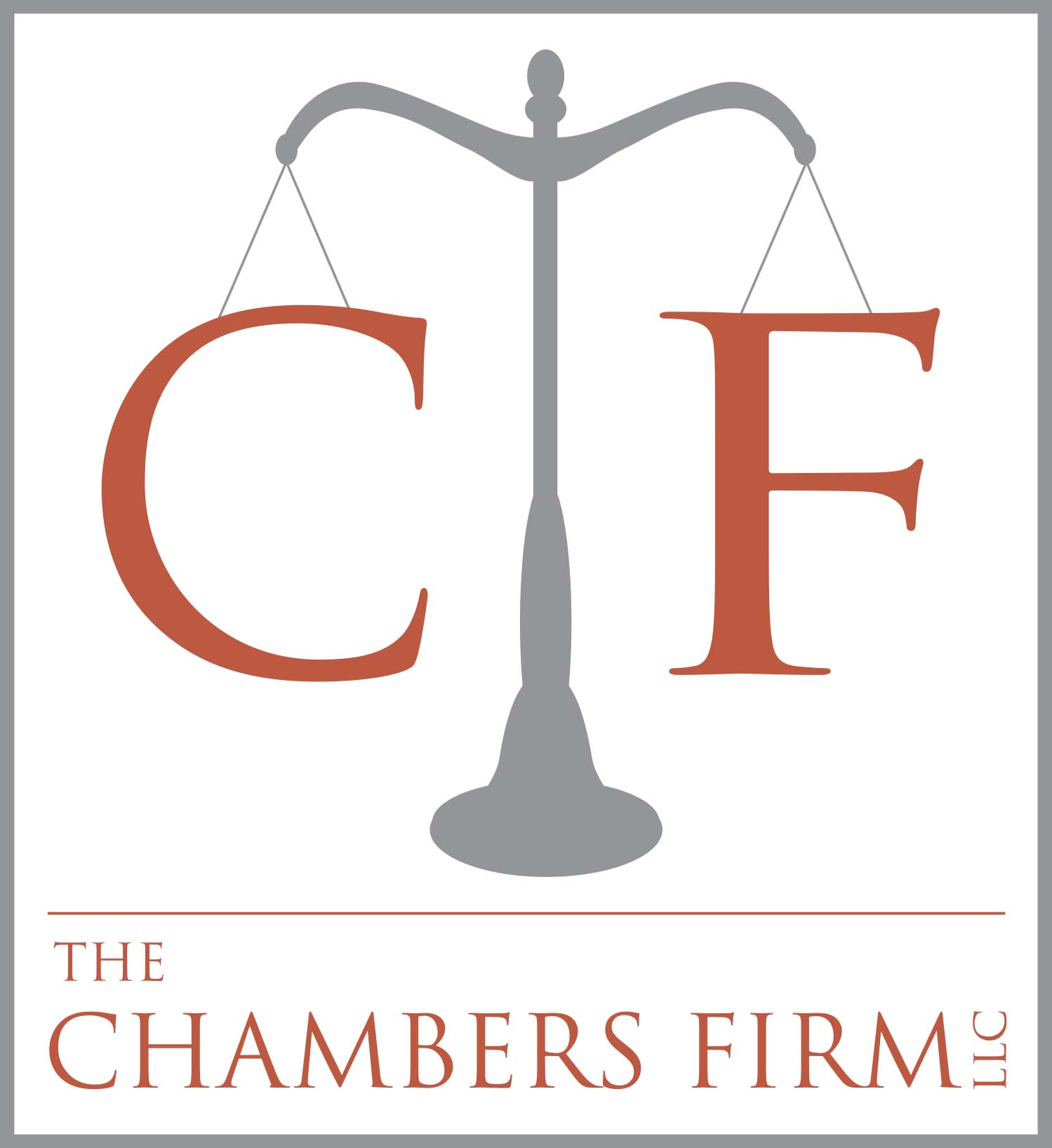Every day in the U.S., a person slips into an unconscious state, leaving their end-of-life health care and property decisions in the hands of health care providers, judges, legislators, and family members. Take the case of Jane Doe, whose father, 85, always discussed having an Advance Directive and Last Will and Testament, but never actually got around to preparing either document. Jane raced to the hospital after getting a call that her father had slipped into an unconscious state. Because of the various ailments from which he suffered, Jane’s father’s prognosis was grim. Without the benefit of having his wishes written down, Jane and her brothers were forced to speculate and debate what medical care their father would have wanted in this situation, essentially becoming a family “Death Panel.” After their father passed away, the family faced the unenviable task of distributing his property without the benefit of knowing how he wanted his property distributed.
This is a story repeated countless times every year. One way to take the initiative and to prepare your family in the event something unexpected should occur is to have an Advance Directive, a Living Will, and a Last Will and Testament.
Advance Directives and Living Wills
An Advance Directive is a written statement of a person's wishes regarding medical treatment made to ensure those wishes are carried out should the person be unable to communicate them to a doctor.
A Living Will, often included in an advance directive, is a written statement detailing a person's desires regarding their medical treatment in circumstances in which they are no longer able to express informed consent.
Everyone has the right to make personal decisions about their health care preferences and anyone can wind incapacitated, unable to communicate these decisions themselves. It is important to complete these documents to ensure your wishes are followed precisely in the event an emergency should occur, leaving you unable to express your health care preferences.
To ensure your wishes are carried out, you can name a Health Care Agent, also referred to as a Durable Power of Attorney for Health Care, within your Advance Directive. A Health Care Agent is someone you trust, a friend, family member, or other individual, who will make decisions about your health care and ensure doctors and other health care providers give you the type of medical treatment you want. The Health Care Agent will also make sure medical providers do not give you treatment against the wishes you have expressed in the Advance Directive and/or Living Will.
Last Will and Testament
A Last Will and Testament is a legal document that communicates a person's final wishes pertaining to possessions and dependents.
An Executor is someone named in your Last Will and Testament who is given the legal responsibility to take care of your financial obligations in the event of your passing. This includes taking care of everything from disposing of property to paying bills and taxes.
You should have a Will in order to make it easier for your family and friends to resolve your property and expenses when you pass. Without a Will the process can be more time consuming and stressful. A Will also ensures everything you own will be distributed in the way you choose to distribute it, not according to the standard distribution found in the laws of your state. Preparing a Will can help reduce any inheritance tax your estate might be required to pay, thereby increasing the amounts your family and friends will receive from your estate. Finally, a Will can be used to provide instructions for your burial or cremation.
While these topics are difficult to discuss, it is important to consider and resolve these issues before the unexpected occurs. Having these issues taken care of will undoubtedly ease the mind and, ultimately, lead to a less stressful transition for your friends and family.
Darrell Chambers is the Founder of The Chambers Firm, LLC, handling wills & estates, small business consultation, employment law, criminal defense, and contract matters in DC and Maryland. This blog is for information purposes only, is not intended as full and complete legal advice on any topic, and does not create an attorney-client relationship between the reader or any other person or entity and The Chambers Firm, LLC.
